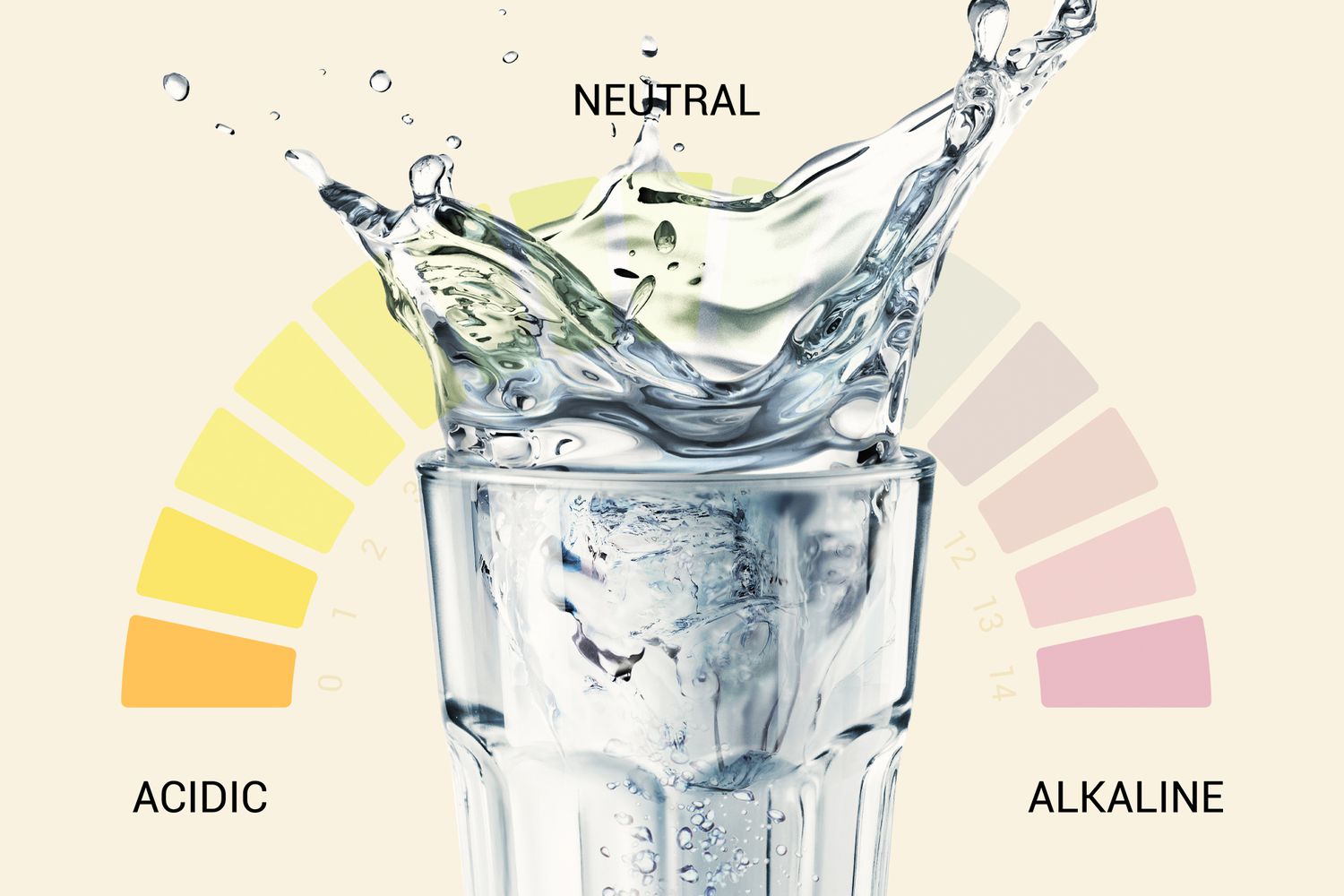In the pursuit of better health and well-being, people often explore various dietary and lifestyle choices. Among these, the significance of proper hydration cannot be overstated. Water is not only essential for basic bodily functions but also plays a pivotal role in maintaining overall health. In recent years, the trend of consuming alkaline drinking water has gained attention for its potential health benefits. This article delves into the world of alkaline water companies, examining its properties, purported advantages, and the scientific perspective surrounding its consumption.
Understanding Alkaline Water:
Alkaline water, often referred to as “ionized water,” is water that has been treated to raise its pH level above the neutral value of 7. This means it has a higher concentration of alkaline minerals such as calcium, magnesium, and potassium, compared to regular drinking water. The pH scale measures the acidity or alkalinity of a substance, with lower values indicating acidity and higher values indicating alkalinity.
The concept behind consuming alkaline water is rooted in the belief that maintaining a slightly alkaline environment in the body can enhance health. Proponents of alkaline water assert that it can counteract the effects of an overly acidic diet and lifestyle, which they claim can lead to health issues such as inflammation, digestive problems, and even chronic diseases.
The Purported Benefits:
Hydration:
One of the primary benefits associated with alkaline water is its potential to enhance hydration. Some proponents argue that the smaller cluster size of water molecules in alkaline water allows for better absorption and hydration at the cellular level. However, scientific research on this aspect is limited and inconclusive.
Neutralizing Acidic Environment:
Advocates of alkaline water suggest that it helps neutralize the acidic waste products that accumulate in the body due to diet and metabolism. They propose that maintaining a slightly alkaline pH can prevent acidosis, which is a condition characterized by excessive acidity in bodily fluids. However, the body has its own intricate mechanisms to regulate pH levels, making the impact of alkaline water on this process questionable.
Antioxidant Properties:
Alkaline water is often marketed for its potential antioxidant properties. Some proponents claim that the higher pH can provide an environment in which antioxidants can function more effectively, thereby reducing oxidative stress and its associated health risks. While antioxidants are indeed beneficial, the direct connection between alkaline water and increased antioxidant activity remains debated within the scientific community.
Bone Health:
Another proposed advantage of alkaline water is its potential to support bone health. Alkaline minerals like calcium and magnesium are essential for maintaining strong bones. Advocates suggest that consuming water with higher mineral content can contribute to these mineral needs, potentially reducing the risk of conditions like osteoporosis. However, a well-balanced diet and proper supplementation are typically more effective methods of ensuring adequate mineral intake for bone health.
Digestive Health:
Some individuals claim that alkaline water can aid digestion by reducing acidity in the stomach. However, the stomach naturally maintains an acidic environment to facilitate digestion, and altering this balance could potentially interfere with the digestive process.
The Scientific Perspective:
Scientific research on the health benefits of alkaline water is limited and often conflicting. While some studies suggest potential advantages, many are inconclusive, and the mechanisms by which alkaline water may exert its effects remain unclear. Critics argue that the body’s natural buffering systems, primarily the kidneys and lungs, tightly regulate pH levels, rendering the impact of alkaline water negligible.
Additionally, concerns have been raised about the excessive consumption of highly alkaline water. Excessively high pH levels can disrupt the natural balance of stomach acid, potentially leading to digestive issues. Furthermore, the long-term effects of consistently altering the body’s internal pH environment are not well understood and may have unintended consequences.
In Conclusion:
While alkaline water has gained popularity for its potential health benefits, it’s essential to approach these claims with a critical mindset. While there may be some merit to the idea that maintaining a balanced internal pH can contribute to overall well-being, the scientific evidence supporting the specific benefits of alkaline water remains inconclusive.
As with any dietary or lifestyle choice, moderation and balance are key. If you’re considering incorporating alkaline water into your routine, it’s advisable to consult with a healthcare professional. Ultimately, the foundation of good health lies in a well-rounded and nutrient-rich diet, regular physical activity, and proper hydration—whether from alkaline water or traditional sources.


